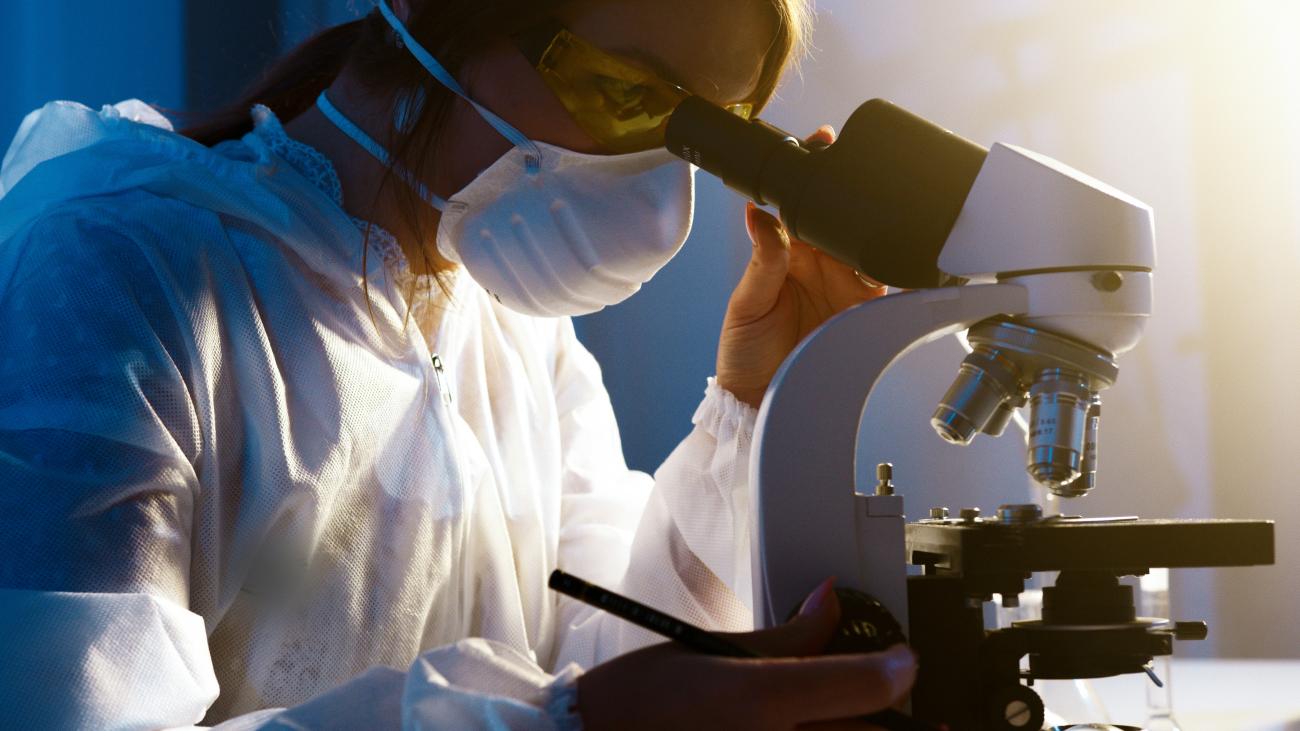Database providing access to the High Technology Network's industrial research offering: research competences, type of analyses and tests available at the Laboratories. Companies can consult the Catalogue to find Laboratories and researchers that match their needs.
Competence
Biosensors (enzymes, cells, antibodies,analyte and ions)
Characterization of products of microbial origin: biomass, metabolites, natural antibiotics. Conversion and transformation processes of food an by-products
Chemical, gas, indoor air quality sensors, Lab-on-Chip
Cognition and autonomy for robots in unstructured environments
Combined stabilization strategies to enhance shelf-life and food safety
Control algorithms and cognitive techniques
Control architectures for actuators
Data transmission systems, communications (bus, internet, wireless, etc.)
Designe of specific software application (acquisition, processing, control, supervision, ...)
Detectors of ionizing radiation (X-rays, gamma, radon)
Effects of packaging on the evolution of food microbial population
Electrical, power and magnetic sensors
Energy harvesting
Fleets of mobile robots - Planning and coordination
Grasping devices and robot manipulators
Hardware design
Human-machine interfaces
Human-robot interactive collaboration in intrinsically safe work cells
Hydraulic actuators and motors
Innovative strategies for microbial control: the use of natural antimicrobials and thermal treatments
Integrated electronics of control and front-end, with analysis of the accuracy of the acquisition chain
Integration of vision systems for fixed and mobile robotics
Interaction between food microorganisms and gut microbiota
Kinematic chains (belts, cams, reduction gears, crank thrusts, etc)
Marker identification for the instrumental detection of desired or undesired microflora: set up of markers or indicators
Mechanical sensors (accelerometers, gyroscopes, strain gauges, microphones); Tactile , force, torque sensors. Doppler laser sensors
Micro-actuators based on MEMS
Microbial analysis, challenge tests, instrumental analyses
Microbial response to environmental stress: optimization of microbial performance
Microbial strain selection for food production: enzymatic, physiological, and genetic characterization
Microbial strain selection: technological characterization
Microbiological activity in food: risk analysis
Mobile Robots - localization and autonomous navigation
Mobile Robots - non-industrial applications
Modulation of microbial growth and shelf-life evaluation as a function of formulation and storage condition
Molecular analyses for the identification of pathogens and spoilage microorganisms and the evaluation of their impact on final product,
Optical sensors, waveguides and photonic structures, optics fibers
Optimization of traditional stabilizing treatment to improve food quality
Otpimization of fermentation conditions: traceability and authenticity of typical or brand fermented food products
Packaging integration

